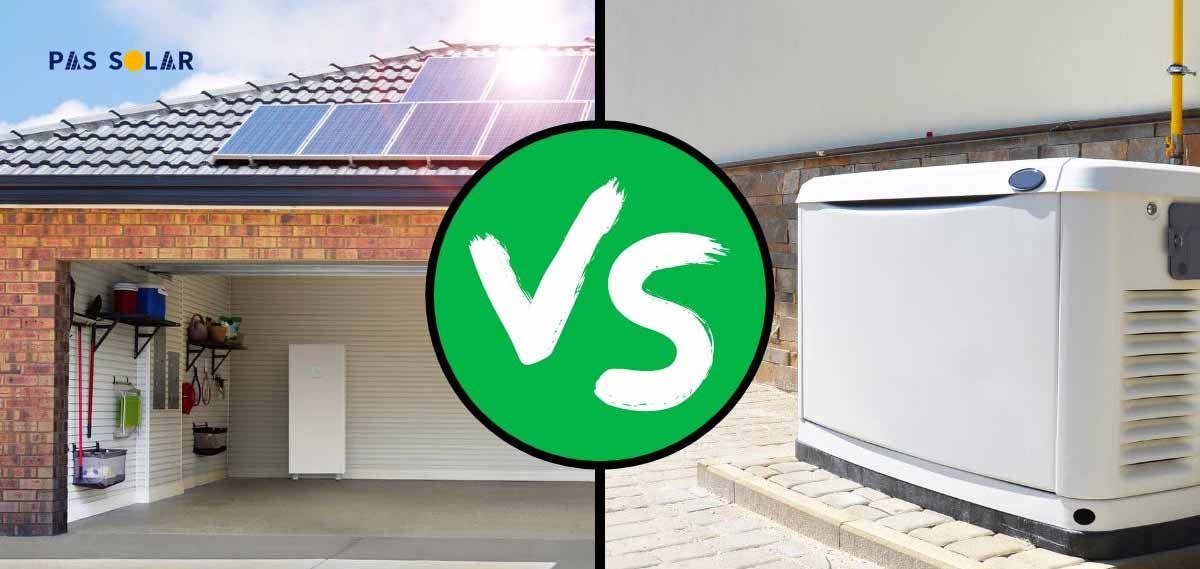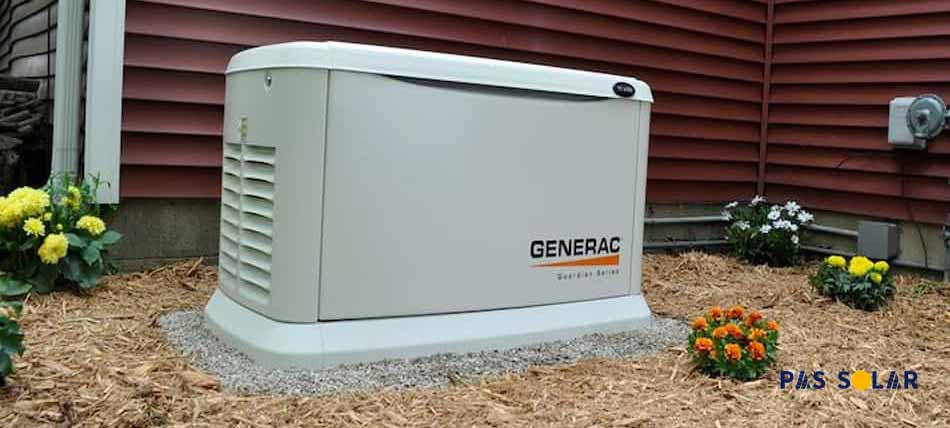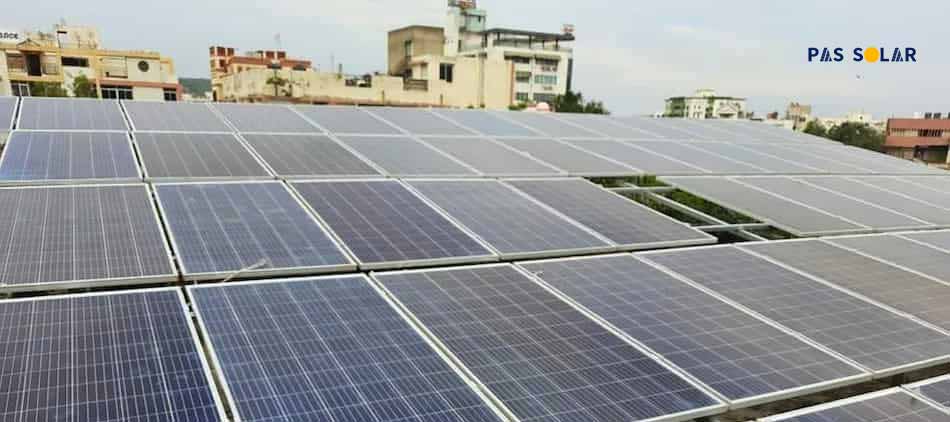If you live someplace with harsh weather or frequent power outages, it’s a good idea to have an emergency power source for your residence. There are many types of backup power systems available, but each has the same goal: to keep lights on when the power goes out. So, generator vs solar battery: which one should you pick?
Battery Backups
Home battery backup systems, like the Tesla Powerwall or LG Chem RESU, store energy, which you can use to power your home during a blackout. Generator vs solar battery; Battery backups run on electricity, either from your home’s solar system or from the power grid. Consequently, they are way better for the environment than conventional generators. They are more economically sound.
But, if you have a utility plan like time-of-use, you can use a battery system to save money on your utility bills. Instead of paying high electricity rates during peak usage hours, you can use the power from your battery backup to power your home. During off-peak hours, you can use your electricity as normal, but at a cheaper rate.
Generators
Standby generators plug into your home’s electrical panel and turn it on automatically when the power goes out. When comparing generator vs solar battery, we need to mention that generators run on fuel to keep your electricity on during a blackout, usually natural gas, liquid propane, or diesel.
Certain natural gas and propane generators can be connected to your home’s gas line or propane tank, so there is no need to manually refill them. However, power generators will require to be recharged to keep operating.
Generator vs Solar battery: How Do They Compare?
Prices
In terms of cost, when considering generator vs solar battery, battery backups are the most expensive option upfront and if you add this to the solar panel price in UAE, it can be a considerable sum to pay. But generators need fuel to run, which means you’ll spend more overtime to maintain a steady supply of fuel.
With battery backups, you’ll need to pay upfront for the battery backup system, as well as installation costs (each of which is in the thousands). The exact price will vary depending on the battery model you choose and the amount you need to power your home. However, it is common for an average size home battery backup system to cost between $10,000 and $20,000.
For generators, the initial costs are slightly lower. Usually, the cost of purchasing and installing a generator can range from $7,000 to $15,000. Nevertheless, remember that generators need fuel to operate, which will raise your expenses. The specific costs will rely on a few elements, including the size of the generator, the type of fuel it uses, and the quantity of fuel used to run it. Price is an important factor when picking a generator or solar battery.
Facility
Battery backups get a slight advantage in this category since they can be walling or floor-mounted, while generator installations require a bit of extra work. When thinking generator vs solar battery, you will still need to hire a professional for any type of installation, which will require a full day of work and can cost several thousand dollars.
Maintenance
Backup batteries are the clear winner in this category. They are quiet, work independently, produce no emissions, and do not require any ongoing maintenance.
Generators can be noisy and irritating while operating. Which need to be considered when thinking about solar generator vs battery bank. They also emit exhaust or gases, depending on the type of fuel they use to run, which can irritate you or your neighbors.
Keeping your house powered
Standby generators easily outperform battery backup when it comes to how long they can keep your home powered. As long as you have a sufficient amount of fuel, the generators can run constantly for a maximum of three weeks at a time.
That is just not the case with solar batteries. Let us take the Tesla Powerwall as an example. It’s got a storage capacity of 13.5 kilowatt-hours, which can supply power for some hours. You can receive additional power from them if they are part of a photovoltaic system like the Canadian Solar Panels, or if you use multiple batteries in a single system.
Expected useful life and warranty
In most cases of generator vs solar battery, backup batteries come with longer warranties than standby generators. Gradually, battery backup systems lose the capability to contain the power.
For that reason, backup batteries include an end-of-warranty capacity rating, which measures how effectively a battery will hold a charge at the end of its warranty period. In the case of Tesla, the company ensures that the Powerwall battery should maintain 70% of its capacity at the end of its 10-year period.
With standby generators, it is easier to estimate useful life. Quality generators can operate for 3000 hours while they are taken care of. So, if you operate your generator for 150 hours per year, it should continue to function for about 20 years. Generally, both solar battery and generator options can last a long time.
Generator vs Solar battery: which of these is correct for you?
In most categories, solar battery generator system come out on top. In short, they are better for the environment, easier to install, and cheaper to maintain in the long run.
Traditional generators can be a useful solution in some cases. Unlike battery backup, you only require a single generator to have power in case of a blackout, reducing upfront costs.
Also, standby generators can outlast battery backup systems in a single run. As a result, they will be a safer bet if the power is out for days at a time. If you need help picking between a solar generator and battery, contact our solar panel inverters distributor in uae.





